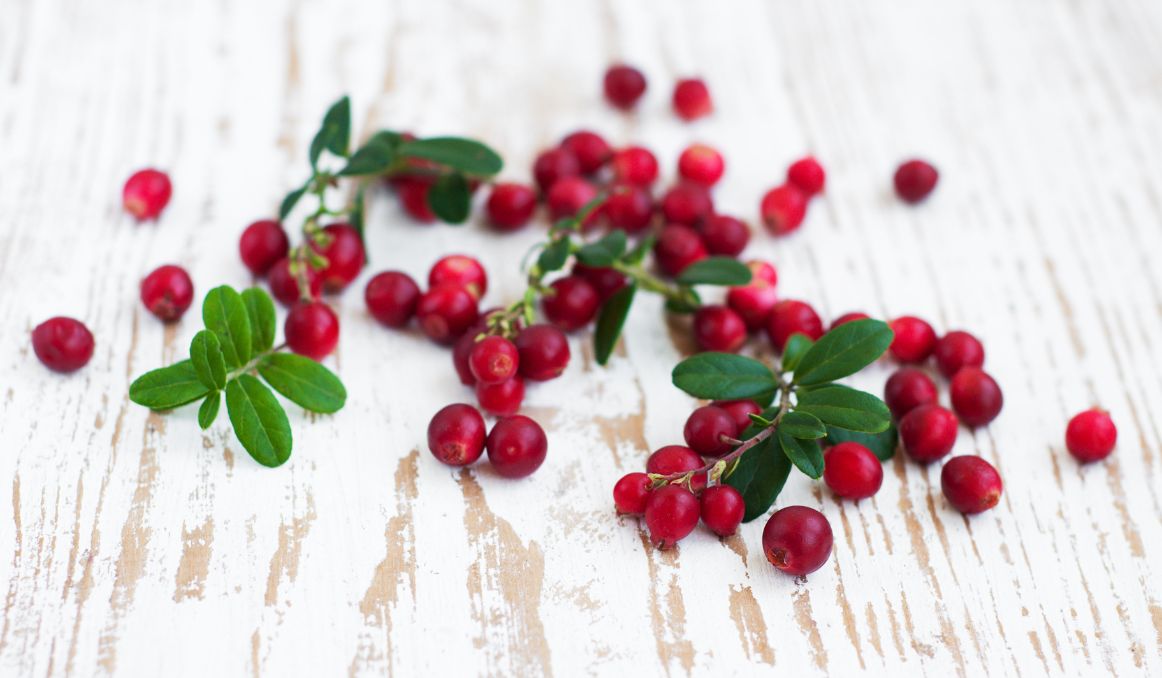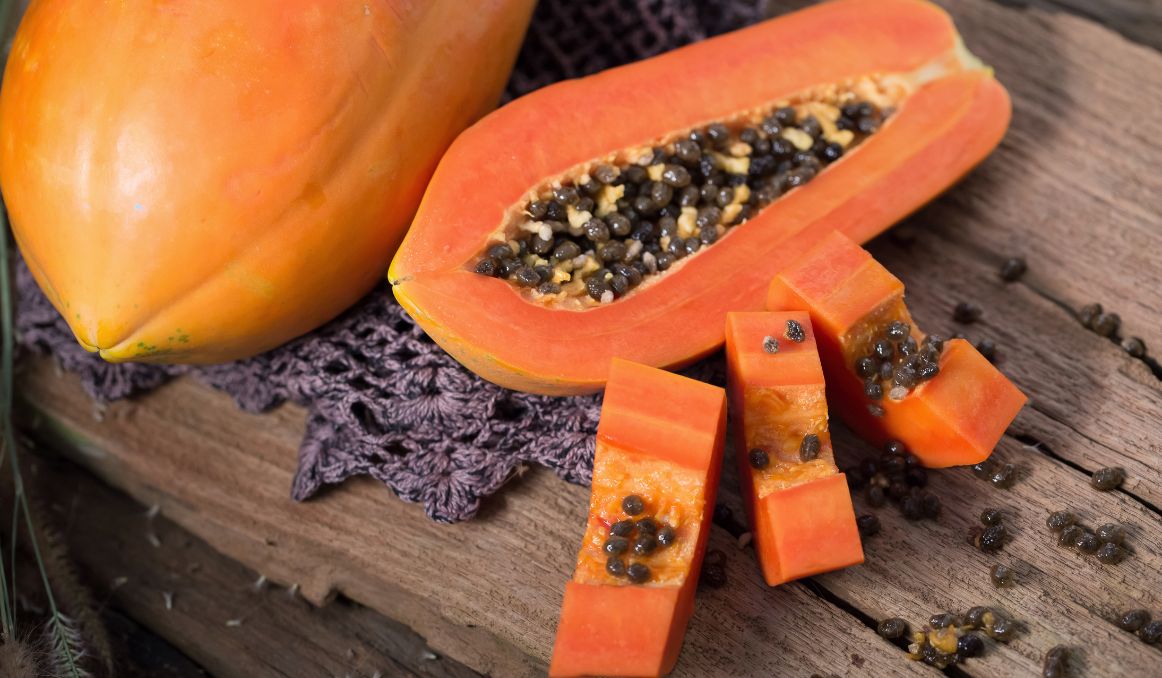Non Fermentable Carbohydrates: Examples and Insights
The impact of fermentable carbohydrates on beer and other fermented foods is obvious. But there has been a lot of discussion lately around the impact non fermentable carbohydrates may have on these foods, and the results have been surprising to say the least.

Fermentable Carbohydrates
Fermentable carbohydrates include any food that can be broken down by yeast or bacteria in a chemical process that creates a new substance.
Fermentation has been taking place since virtually the beginning of the arrival of yeast, bacteria, and food sources on our planet. Long before humans arrived on the scene.
Yeast and bacteria both require a food source for the continuation of their energy and reproduction, and carbohydrates are their go to food source, with sugars being highest on the list.
Alcoholic fermentation
As yeast is present virtually everywhere on our planet with a moist and relatively warm temperature, it is in constant search of food for more energy. Yeast can also reproduce asexually, budding a daughter cell that will grow from the mother cell until it reaches roughly 50% volume of the mother. As long as a yeast cell has its food source, it can continue to do this in nature, and its daughter cells will go on to do the same, which is why yeast is so prevalent on earth.
Fortunately for humans, the byproduct of fermentation has been beneficial to our continue progress on earth.
You see, the byproduct of yeast gaining energy from fermentable carbohydrates are the waste products alcohol and carbon dioxide.
So it will turn grape juice into wine, as it consumes all the natural sugars into alcohol and carbon dioxide.
It will do the same for wort, which is essentially just a sugary grain tea, until yeast converts those sugars and makes beer.
For millennia, humans have benefited from the ability to drink ale and wine rather than toxic running water from local streams, as the alcohol created through fermentation rid the water of toxins in ale and the yeast in wine creates polyphenols that support strong immune systems in humans.
Lactic Acid Fermentation
Lactic acid fermentation has done much of the same for humanity, providing benefits where there were none, or where there were fewer.
Bacteria will consume fermentable sugars in dairy and vegetables and convert them into probiotics, vitamins, and minerals that feed the human gut, making us stronger and more capable of surviving viruses and bacterial infections, along with several other benefits.
It is interesting to think that all it takes is a nice sugary treat for bacteria or yeast to feed on to their own benefit in order to benefit us as well.
So what are those fermentable carbohydrates?
Starches
Starches like those found in root vegetables and grains are rich in sugar, particularly when roasted or toasted, a process which converts the starch into a more fermentable sugar.
Sugars
Naturally occurring sugars like those found in fruits and dairy, and of course cane sugar, honey, and agave, are the easiest to ferment, which is why most brewers will roast their grains to bring out those sugars.
Fiber
Fiber is the least fermentable carbohydrate and must often be broken down by bacteria through a long process. Yeast does not ferment fiber.
Non Fermentable Carbohydrates
Now, why do we care about non fermentable carbohydrates if we know that it is the fermentable carbohydrates we need to make our healthy foods?
Well, the conversation first came up around diet.

Diet
Some doctors have advised their patients to take on a non fermentable carbohydrate diet, which means cutting all fermentable carbohydrate foods, all sugary fruits, starches, grains, and dairy, unless you can get low or no lactose dairy.
The reason for the suggestion is that some people suffer from digestive problems that include bloating, burping, cramping, and either diarrhea or constipation, and some doctors point to the fermentation taking place in the gut as the cause.
After all, fermentation does indeed require that chemical breakdown which will often release carbon dioxide. So unless the food has already been broken down, like in the instance of yogurt or a gluten free beer, your body may be reacting to the fermentation process.
The science is still out on whether this is verifiably true, but patients have certainly said it has been helpful.
But this could of course be due to a diet richer in leafy greens and proteins, which is what a non fermentable diet calls for.
Fermentation
Now, what does all of this have to do with the fermentation industry? Well, some who have been paying attention to these findings in the diet have wondered if the addition of non fermentable carbohydrates to fermented beverages might round out the flavor and aroma in those beverages.
Think about it. If fermentation is a process of breaking down, what happens if you add an element that cannot be broken down to the beverage? Something like, say, alfalfa or strawberries.
The theory was that those additions would be helpful to increase the texture and mouth feel of the beverage, and so far, it looks like the theory has been proven true.
In several cases, both scientists and brewers have found that the addition of non fermentable carbohydrates to beer has brought out a richer, smoother, more well bodied beer that is pleasing to the palate.
So, what are those non fermentable carbohydrates?
Well, first of all, animal product – meat, eggs, and even dairy as long as it is lactose free.
Also think of grains like quinoa and rice, vegetables like leafy greens, eggplant, carrots, and celery, and fruits like berries, citrus, and most tropical fruits like kiwi and papaya.
It is a fascinating story that is only just beginning, and if you are a craft brewer interested in experimenting with texture and mouth feel, this experiment is a worthy one to take on.
Cheers!
Passionate about the fermentation process? So are we! If you’re interested in finding out how you can use our technology to control fermentation and monitor your yeast, save work hours and improve the cost-efficiency of your business, drop us a line at [email protected] or check out our product pages:
- Oculyze BB 2.0 (Better Brewing) Yeast Cell Counter App + Hardware
- Oculyze FW (Fermentation Wine) Yeast Cell Counter App + Hardware
Also, you can now get access to a fully functional demo account to test our Web App. Completely free of charge and with no commitment to purchase.
Sources:


